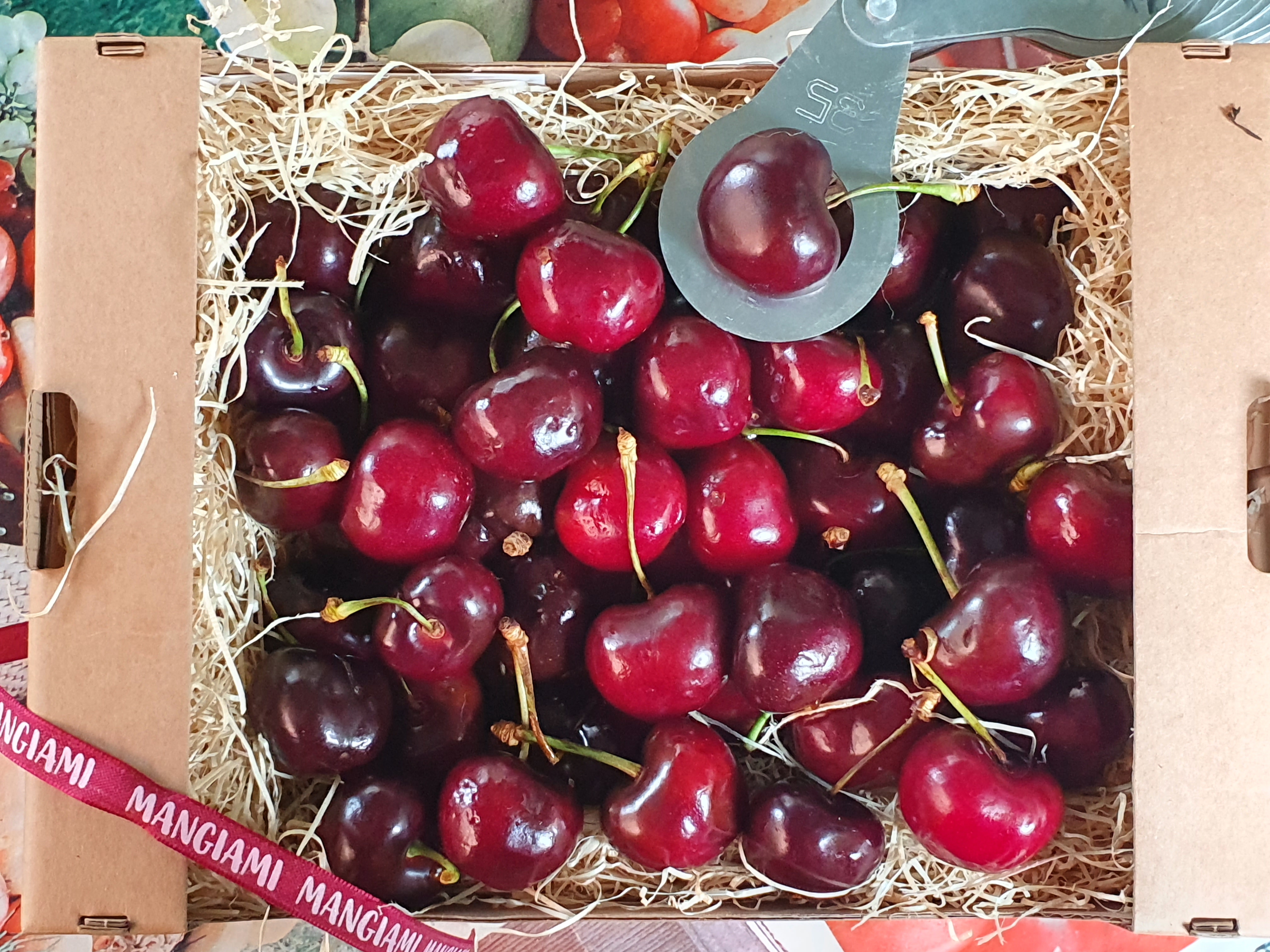Uzbekistan, with its 35 million inhabitants and an area of 450,000 square kilometres (a third more than Italy), ranks fifth globally in producing more than 100,000 tonnes of cherries per year. The cherries produced in this country are characterised by a special flavour and fragrance, which makes them attractive also abroad, as confirmed by the active expansion of exports.
In addition, the fruit is used in the formulation of high-quality compotes, jams, and preserves. The only sticking point concerns the varietal landscape. Large areas are dedicated to the cultivation of cherry varieties such as Savri Surkhoni, Kora gilos, Francis, and others. However, the selection of sweet cherries in the country is limited to eleven varieties, and the small size of the fruit is one of the main disadvantages.
Consequently, researchers, cherry growers, and technicians are looking for new varieties characterised by good adaptation to local soil and climatic conditions, high yield, and large fruit. The aim of the study conducted by the Universities of Samarkand, Tashkent, and Szeged was to investigate the fruit quality and productivity, as well as the biological and reproductive characteristics, of sweet cherry cultivars introduced from Ukraine and developed in Uzbekistan.
Under Uzbek conditions, cherries start fruiting at three to four years of age. The crop produces abundant fruit on an annual basis, except in some cases where late frosts can damage the buds and flowers. Around 15 to 20 years of age, the trees go through a peak fruiting phase, producing an average of 100-150 kg of fruit each.
The phenological surveys revealed that the onset of flowering occurred between 16 March and 7 April. Early flowering was observed in the variety Melitopol on 16 March, variety Bakhor on 23 March, and variety Kora gilos on 25 March. Fruit ripening by variety occurred between 8 May (early Melitopol) and 25 May (Russian, Melitopol black, Reversion).
The length of the vegetative period differed between varieties, ranging from a minimum of 237 (Melitopol black) to a maximum of 249 (Melitopol early) days. According to the quality data collected, the varieties Russian (8.4 g), Bakhor (8.2 g), and Melitopol early (7.1 g) produced the largest fruits. In contrast, the varieties Melitopol chernaya, Reversion, and Kora gilos showed an average fruit weight of 7.8 g, 7.0 g, and 5.2 g, respectively.
The early cultivation of the Melitopol variety resulted in the highest yield per hectare (11.93 tonnes per hectare, which is 32.2% higher than the indicator of the control variety Reversion). In contrast, the yield values for the varieties Russian, Melitopol black, and Bakhor were 11.26 t/ha, 10.89 t/ha, and 10.24 t/ha. The lowest yields were obtained with the varieties Kora gilos and Reversion, with values of 9.85 and 9.02 t/ha.
Based on production complexity and biological characteristics, including earliness of fruiting, average fruit weight, and yield, the Samarkand scientific station examined and selected some new cherry varieties as promising: Melitopol precoce, Melitopol nera, and Russa. The production of these cultivars guarantees a consistent harvest of cherry fruit with superior quality indicators.
Source: Nomuradov, D.S., U. Mirzokhidov, B. Kh. Khalmirzaev, D.B. Khudoiberdiev, Ferenc Lantos, Adrienn Szarvas, and Ingrid Gyalai. 2023. “Perspective Varieties of Cherry (Cerasus Avium Moench.) in Uzbekistan”. Review on Agriculture and Rural Development 12 (3-4):11-19. https://doi.org/10.14232/rard.2023.3-4.11-19.
Image: EastFruit
Melissa Venturi
University of Bologna (IT)
Cherry Times - All rights reserved










